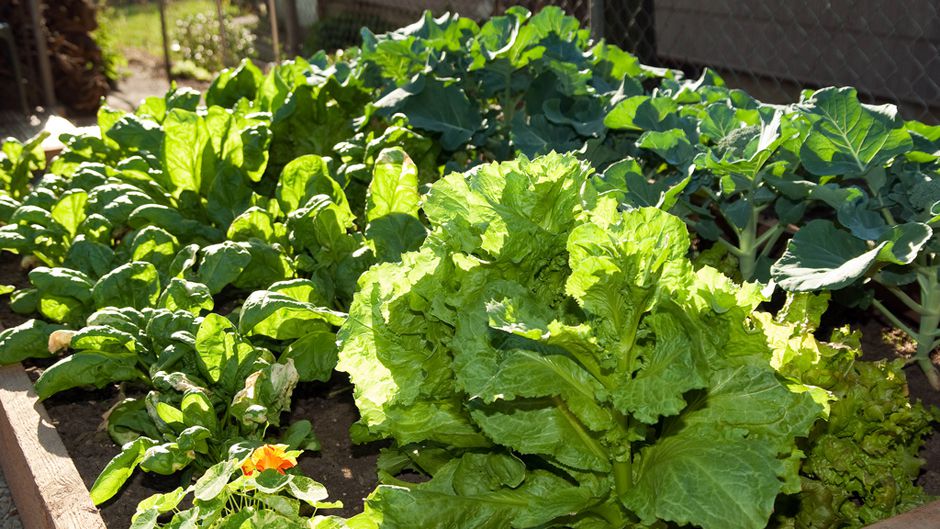beardface
Member
- Location
- East Yorkshire
I've been thinking lately about the debate around food production and how arable farming seems to escape the negativity at the moment.
Are large monocultures grown intensively on the best acres the answer to sustainable food production? I don't think so. The reality is that an allotment produces 10 times more food than an equivalent acre of arable monoculture.
So realistically what's needed isn't the equivalent of the Highland clearances for stock farms, but a complete rethink of arable/horticultural production. What if every acre of highly productive land was the equivalent of a small allotment. Imagine the amount of people we could feed of a smaller acreage. The amount of land that could then be rewilded, forested or put into permanent pasture.

Are large monocultures grown intensively on the best acres the answer to sustainable food production? I don't think so. The reality is that an allotment produces 10 times more food than an equivalent acre of arable monoculture.
So realistically what's needed isn't the equivalent of the Highland clearances for stock farms, but a complete rethink of arable/horticultural production. What if every acre of highly productive land was the equivalent of a small allotment. Imagine the amount of people we could feed of a smaller acreage. The amount of land that could then be rewilded, forested or put into permanent pasture.

Home Growing Produces Ten Times the Food of Arable Farms - Our World
The level of productivity possible from home-growing food is very impressive compared to that of intensive farming, explains permaculturist Keir Watson.
ourworld.unu.edu





